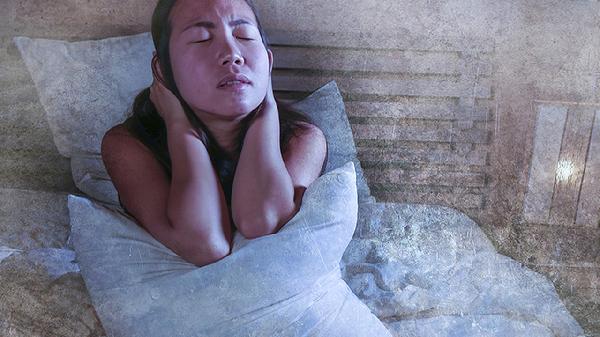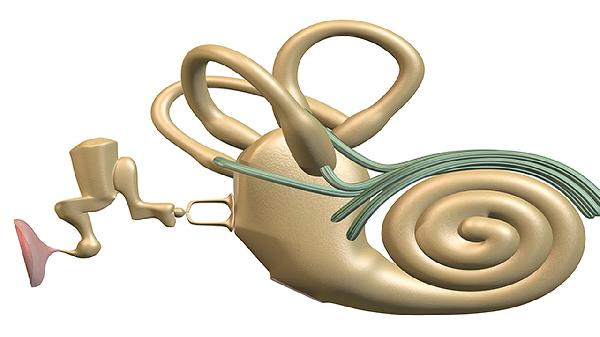Severe sensitivity and paranoia—is it a mental illness? This question sounds like the opening line of a suspense drama, but in reality, it touches on a mental health issue that anyone might encounter. Sensitivity and paranoia, often referred to as "overthinking" in daily life, can become more than just that when the condition worsens. Today, let’s unravel this mystery and find out whether severe sensitivity and paranoia is a mental illness.

1. Definition of Sensitivity and Paranoia
Sensitivity and paranoia, as the term suggests, refers to an overreaction to external stimuli, leading to feelings of doubt and unease. These emotions are quite common in daily life. For instance, you might suspect a friend is talking behind your back because of a comment they made, or worry you’ve done something wrong because of a coworker’s glance. Under normal circumstances, these feelings can be alleviated through self-regulation.
2. Manifestations of Severe Sensitivity and Paranoia
When sensitivity and paranoia become severe, they can disrupt a person’s daily life and social relationships. For example, someone might struggle to trust others due to excessive suspicion, or even develop persecutory delusions, believing everyone is out to get them. If this state persists, it can have a serious impact on their mental health.
3. The Relationship Between Severe Sensitivity and Paranoia and Mental Illness
Mental illness is a broad term that encompasses a range of serious mental disorders, such as schizophrenia and bipolar disorder. While severe sensitivity and paranoia do not necessarily equate to mental illness, they can be early symptoms of certain disorders. For instance, schizophrenia patients often experience persecutory delusions, which bear similarities to severe sensitivity and paranoia.
4. How to Determine if Severe Sensitivity and Paranoia Require Professional Help
If you or someone you know exhibits symptoms of severe sensitivity and paranoia that are affecting daily life and social relationships, seeking professional mental health support is crucial. Psychologists or psychiatrists can conduct thorough assessments and diagnoses to determine if these symptoms fall under the category of mental illness and provide appropriate treatment recommendations.
5. How to Cope with Severe Sensitivity and Paranoia
In addition to seeking professional help, individuals can employ self-regulation techniques to manage severe sensitivity and paranoia. For example, practices like meditation and exercise can help reduce stress, enhance self-awareness, build trust in others, and foster healthy social relationships. While these methods are not a substitute for professional treatment, they can help alleviate symptoms to some extent.
Severe sensitivity and paranoia do not necessarily indicate a mental illness, but they can be early signs of certain disorders. If you or someone close to you experiences severe sensitivity and paranoia that disrupts daily life and social relationships, seeking professional mental health support is essential. At the same time, individuals can adopt self-regulation techniques to manage symptoms. Remember, mental health is just as important as physical health—do not ignore any psychological issues that could affect your quality of life.























